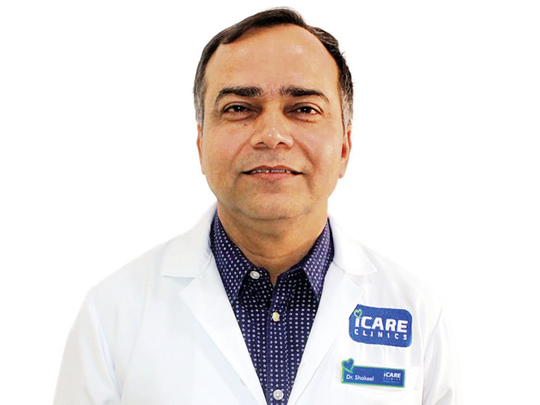
Dubai: The holy month of Ramadan is the month of fasting and prayers. During the fast, the body rejuvenates itself and helps remove toxins from the stomach and intestines and also boosts our immune system.
With the scorching summer heat and a daily fasting period of about 15 hours, adapting to diet changes affects different people in different ways. Many think they will suddenly start a fasting routine as Ramadan begins, but preparation makes the transition a lot easier. It can help you have a better and healthier fast rather then drain your body out. Here are a few tips as Ramadan fast approaches.
Food consumption: Begin reducing your meals to only moderate quantities. Having large meals will increase your appetite and make it more difficult to fast.
Early breakfast: During Ramadan, we wake up early for suhour, the pre-dawn meal before the fast begins. It is important not to skip this. Start having an early breakfast from now to help your body get used to the earlier hours, especially if you are not much of a breakfast eater.
Avoid snacking: Stick to only having three main meals - breakfast, lunch and dinner - and avoid snacking in between.
Quit smoking during the day: To avoid irritability, anger, restlessness, impatience and difficulty concentrating during fasting hours, reduce smoking during the day to mimic your routine when you fast. For those trying to quit smoking, Ramadan is a great time to kick the habit.
Reduce coffee intake: If you are a coffee-lover and do not want to have a pounding headache during the first few days of Ramadan, start reducing your caffeine intake now. Switch to decaf, one coffee at a time, until you are only drinking decaffeinated coffee.
Regulate sleep: If you normally sleep late and wake up late, start regulating your sleep from now, because during Ramadan you will be waking up early for suhour. You might also be sleeping earlier as a result. Alternatively, have an afternoon nap and sleep a little later. Whatever sleeping habit you choose, start to mimic it from now.
Consult a doctor: If you have concerns over your ability to fast because of diabetes, high blood pressure or reflux, see a doctor.
- The writer is Specialist, Internal Medicine, iCARE Multi-specialty Clinics











